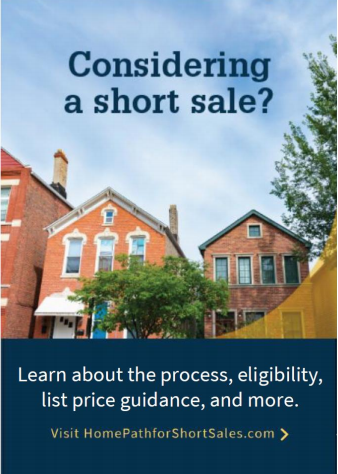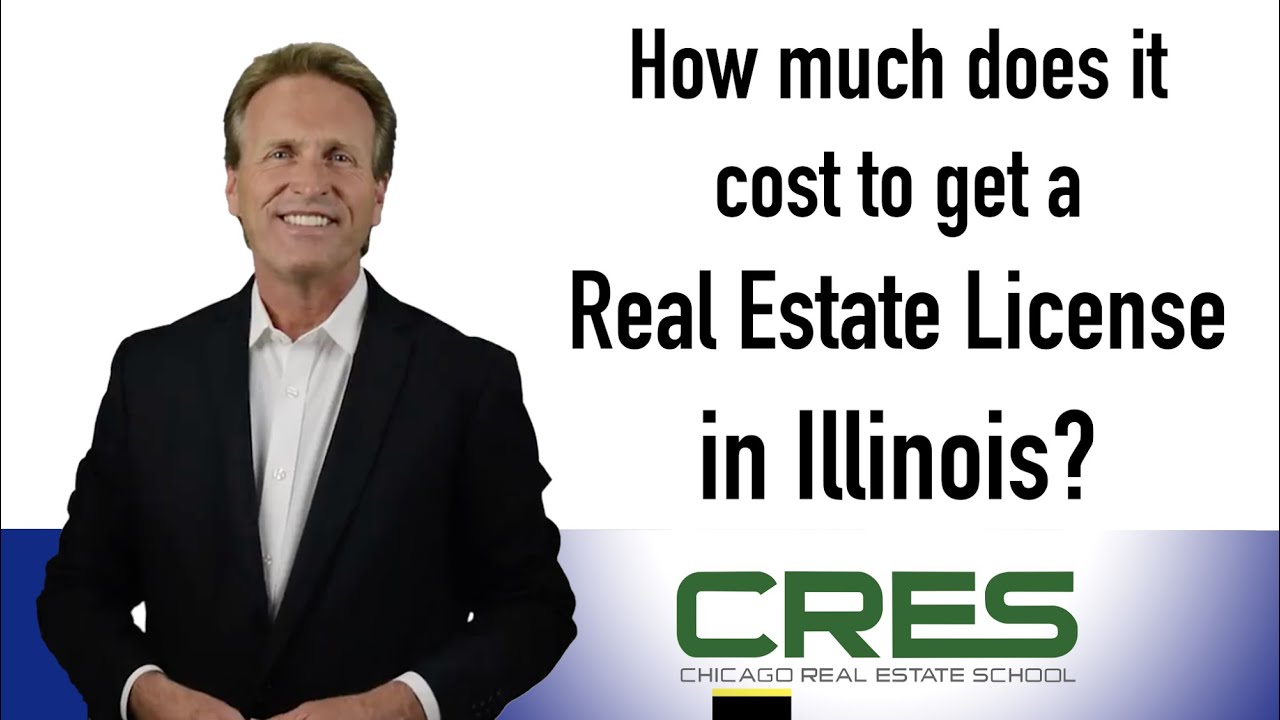
Can a realtor work independently or with a company?
The answer depends on your situation and the individual. Some people can work without a real estate broker, as long as the set their own schedules and manage the administrative side of the business themselves. They may earn more commissions than they would if they were working under a broker. However, the responsibility for handling real estate transactions is still theirs.
Depending on where you live, there are three types of licensed agents: independent, associate and managing. All of them have different responsibilities, and they all hold different levels of license.
Real estate broker and agent are two different terms.
In most states a realty agent represents the client in any transaction. They meet with clients, discuss budgets, and identify potential properties. They help their clients to set a fair market price, arrange home inspections, as well as present the house to prospective buyers. They may then negotiate sales agreements and manage the paperwork involved in closing a sale.

A real estate agent can be beneficial to both buyers and seller. They can provide insight into the local market and offer helpful tips for pricing a home correctly or finding a better deal on a home that is in need of repairs. They also have valuable connections in the local area and can refer you to lenders who can assist with your mortgage needs.
They may also research financing options and financial laws that affect home buyers and sellers. This can save them time and money when their clients have questions or need legal assistance.
Do real-estate agents work for companies?
Some real estate agents are members of the National Association of Realtors, which holds its members to a high ethical standard. These professionals must adhere to a code of conduct which governs their actions, and protects their clients' interests.
Aside from being a member of the NAR, real estate agents are also required to complete extensive training and maintain a professional image. It's no wonder that clients prefer to use a Realtor.

You can be an estate agent even without a realtor.
In many states, the real estate agent is responsible for supervising all agents working in his office. It is for this reason that most new agents have to work under a real estate broker for some time before they are allowed to start their brokerage.
How to become a real estate broker
A broker must pass a state exam to obtain their broker's license, which typically takes about two years. They then have the option of obtaining a managing broker's license, which allows them to oversee other agents. This is the more difficult route to take but it opens up many potential opportunities for brokers in the future.
FAQ
How can you tell if your house is worth selling?
It could be that your home has been priced incorrectly if you ask for a low asking price. If your asking price is significantly below the market value, there might not be enough interest. You can use our free Home Value Report to learn more about the current market conditions.
How do I eliminate termites and other pests?
Termites and other pests will eat away at your home over time. They can cause damage to wooden structures such as furniture and decks. You can prevent this by hiring a professional pest control company that will inspect your home on a regular basis.
Should I use a broker to help me with my mortgage?
A mortgage broker can help you find a rate that is competitive if it is important to you. Brokers are able to work with multiple lenders and help you negotiate the best rate. Some brokers earn a commission from the lender. Before signing up for any broker, it is important to verify the fees.
What are the benefits to a fixed-rate mortgage
With a fixed-rate mortgage, you lock in the interest rate for the life of the loan. You won't need to worry about rising interest rates. Fixed-rate loans also come with lower payments because they're locked in for a set term.
Is it better to buy or rent?
Renting is generally cheaper than buying a home. It is important to realize that renting is generally cheaper than buying a home. You will still need to pay utilities, repairs, and maintenance. The benefits of buying a house are not only obvious but also numerous. You will have greater control of your living arrangements.
Are flood insurance necessary?
Flood Insurance protects you from flooding damage. Flood insurance protects your possessions and your mortgage payments. Learn more about flood insurance here.
What is a reverse loan?
A reverse mortgage is a way to borrow money from your home without having to put any equity into the property. It works by allowing you to draw down funds from your home equity while still living there. There are two types to choose from: government-insured or conventional. You must repay the amount borrowed and pay an origination fee for a conventional reverse loan. FHA insurance covers repayments.
Statistics
- This seems to be a more popular trend as the U.S. Census Bureau reports the homeownership rate was around 65% last year. (fortunebuilders.com)
- Over the past year, mortgage rates have hovered between 3.9 and 4.5 percent—a less significant increase. (fortunebuilders.com)
- Based on your credit scores and other financial details, your lender offers you a 3.5% interest rate on loan. (investopedia.com)
- Private mortgage insurance may be required for conventional loans when the borrower puts less than 20% down.4 FHA loans are mortgage loans issued by private lenders and backed by the federal government. (investopedia.com)
- The FHA sets its desirable debt-to-income ratio at 43%. (fortunebuilders.com)
External Links
How To
How to Purchase a Mobile Home
Mobile homes are homes built on wheels that can be towed behind vehicles. They were first used by soldiers after they lost their homes during World War II. Mobile homes are still popular among those who wish to live in a rural area. There are many options for these houses. Some houses are small while others can hold multiple families. There are even some tiny ones designed just for pets!
There are two types of mobile homes. The first is built in factories by workers who assemble them piece-by-piece. This process takes place before delivery to the customer. You can also build your mobile home by yourself. The first thing you need to do is decide on the size of your mobile home and whether or not it should have plumbing, electricity, or a kitchen stove. You will need to make sure you have the right materials for building the house. You will need permits to build your home.
If you plan to purchase a mobile home, there are three things you should keep in mind. You might want to consider a larger floor area if you don't have access to a garage. Second, if you're planning to move into your house immediately, you might want to consider a model with a larger living area. Third, you'll probably want to check the condition of the trailer itself. Problems later could arise if any part of your frame is damaged.
You need to determine your financial capabilities before purchasing a mobile residence. It is crucial to compare prices between various models and manufacturers. It is important to inspect the condition of trailers. While many dealers offer financing options for their customers, the interest rates charged by lenders can vary widely depending on which lender they are.
You can also rent a mobile home instead of purchasing one. Renting allows the freedom to test drive one model before you commit. Renting is expensive. Most renters pay around $300 per month.